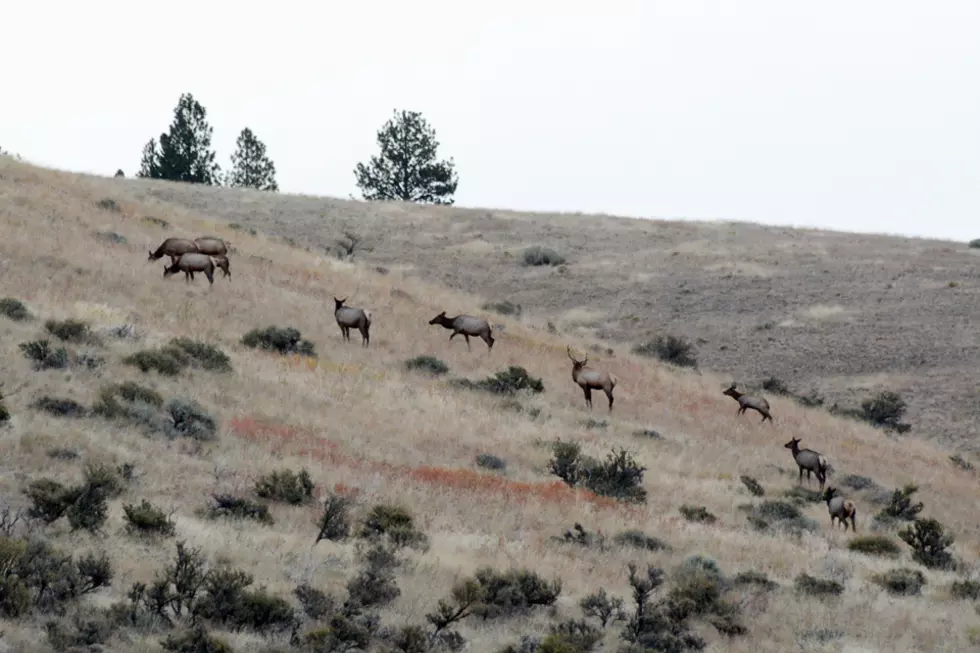
Viewpoint: Evaluating Montana’s comprehensive elk blueprint
Tany Gates
Key strengths of the EMP include FWP's commitment to revisiting its management strategy every five years, along with efforts to improve habitat on public and private lands. The agency also substantially increased objectives in many districts.
Another positive aspect of the plan is the increased call for working groups, such as the Elkhorn Working Group and Devil’s Kitchen. These localized groups reduce conflict, improve elk distribution, and increase hunter success and landowner satisfaction while bringing Montanans together. The recognition that human pressure is a significant factor affecting problematic elk distribution is crucial in developing new season setting strategies designed to increase hunter success and reduce hunter pressure on public lands, while encouraging pressure on private lands. It is also heartening to see a call for enhanced hunter education programs.
Despite the positive nature of the EMP, there are some parts that the agency could improve, specifically the proposal to eliminate limited entry permits in favor of general hunting in over-objective areas. On page 43 of the draft EMP, the agency rightly states that that exact kind of move would produce a large increase in hunter pressure, further exacerbating the issue of problematic elk distribution. I urge FWP to exclude this proposal.
I’m also concerned about the absence of the provision found on page 55 of the current EMP, which allows for not counting elk that are on inaccessible private land. This provision has proven useful in guiding the agency’s decisions to move to cow-only hunting in certain districts. FWP has only used this provision twice, but its use led to increased harvest rates and reduced conflict.
The EMP also lacks updated scientific research detailing the impact of summer recreation on cow and calf elk during crucial times of the year. Addressing this gap is vital for informed decision making.
FWP's expansion of the agency’s work with federal and state land managers in habitat conservation is commendable. Yet, the process would have been smoother had the Governor not vetoed SB 442, legislation would have allowed the agency to delve deeper into the habitat issue across land ownerships. A resolution is eagerly awaited, ensuring a more comprehensive approach to habitat preservation.
